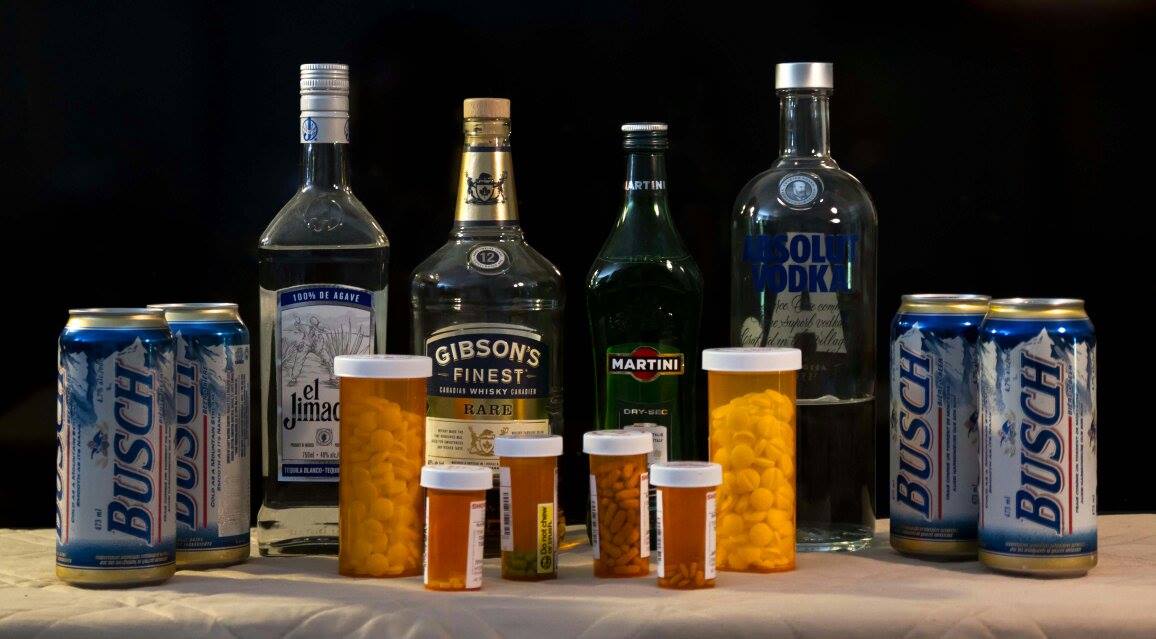Clolar and Alcohol, What is Clolar, Clolar alcohol interaction

Clolar and Alcohol speaks to what is Clolar, Clolar alcohol interaction and Clolar side effects.
Clolar generic name Clofarbine is used for treating specific types of leaukemia in children and adolescents who have already had a minimum of 2 previous treatments. It belongs to the antimetabolite chemotherapy family of drugs and works by blocking the growth of cancer cells. The intent is that the cancer cell dies.
Alcohol does not come into consideration as children will not be drinking.
At this time the medical community defines moderate consumption of alcohol as no more than two drinks per day and no more than 14 drinks per week. Anything more than that is considered an unhealthy dependency on alcohol that may have adverse social, family and health consequences.
If a person drinks only once or twice a week but drinks on the same days each week and more than two drinks this is considered as an alcohol dependency.
If a person binge drinks at any time during the week this is also considered as alcoholism.
Some consider alcoholism as a disease while others consider it an addiction which is the result of personal choice and character fault. This school of thought blames the alcoholism on life style choices.
Personally I consider alcoholism a genetic tendency as I have seen families of alcoholics even when they live far apart. These unfortunate people are probably dependent on alcohol from the first drink.
When alcohol interacts with prescription over the counter drugs it usually results in negative health effects most especially liver damage as the main organ affected.
Do not use Clolar if you are allergic to it, taking kidney medicines or liver medicines.
Before starting this drug advise your physician if you are pregnant, plan to be pregnant, or breast feeding, taking prescription or nonprescription drugs, herbal or dietary supplements, if you have allergies, have high or low blood pressure, kidney problems, liver problems, heart problems, have an infection, low white blood cells, low platelet levels, bone marrow problems or if you previously had a hematopoietic stem cell transplant.
Side effects
Less serious side effects are back pain, constipation, cough, decreased weight, diarrhea, dizziness, drowsiness, dry or irritated skin, flushing, gum bleeding, headache, itching, joint pain, muscle pain, weakness, loss of appetite, minor pain, redness at injection site, nausea, stomach pain, swelling or sore mouth, tiredness, weakness or vomiting. If these occur call your physician for advice.
Serious side effects are severe allergic reactions, severe pain at the injection site, blood in the urine, decreased urination, fainting, fast breathing, irregular heartbeat, fever, chills, sore throat, mood changes, nosebleed, persistent cough, pneumonia, red peeling skin, severe dizziness, light headed, vomiting, diarrhea, shaking, short of breath, red spots on skin, swelling of arms and legs, swelling of hands or soles of the feet, bleeding or bruising, tiredness, weakness, pale skin, white patches in the mouth or jaundice. If these occur get emergency medical help.
This site serves as an information source only and does not dispense medical advice or any other kind of advice. If you are seeking medical advice you are advised to consult your own physician.
Clolar and alcohol Clolar and alcohol
Return from clolar and alcohol to home page.
Hard copy and E book for sale. What's Killing You and What You Can Do About It. Click here.
Hard copy and E book for sale. Introduction to Building Mechanical Systems. Click here.